
D-MNA achieved complete clinical clearance in 60% of patients, with no dose-limiting toxicities or serious adverse effects observed in those with basal cell carcinoma of the skin.

Your AI-Trained Oncology Knowledge Connection!


D-MNA achieved complete clinical clearance in 60% of patients, with no dose-limiting toxicities or serious adverse effects observed in those with basal cell carcinoma of the skin.

The biomarker NLR may not be suitable for prognosis prediction in older patients with small cell lung cancer, according to findings from this real-world study.

TTFields plus chemotherapy significantly prolonged overall survival compared with chemotherapy alone in patients with pancreatic cancer.

The median PFS and OS were 5.5 months and 11.2 months, respectively, with nivolumab plus carboplatin/cisplatin and etoposide in patients with small cell lung cancer.

A systematic review of 8 randomized trials showed that anti-CD38 monoclonal antibodies did not improve overall survival in high-risk subgroups.

Results from a retrospective study showed that chemoimmunotherapy did not prolong survival vs chemotherapy in a younger ES-SCLC population.
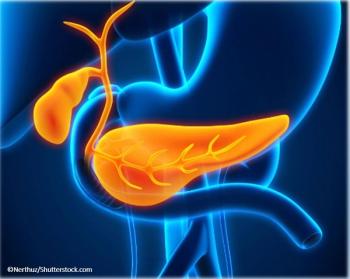
Results from the SunRISe-1 trial showed that TAR-200 monotherapy achieved a complete response rate of 82.4% in patients with BCG-unresponsive NMIBC.

Results from the phase 3 KEYNOTE-689 trial supported the agency’s approval of the pembrolizumab/surgery regimen in PD-L1–positive head and neck cancer.

Patients with extensive-stage small cell lung cancer experienced a median PFS and OS of 4.5 months and 7.2 months, respectively, with anlotinib plus irinotecan.
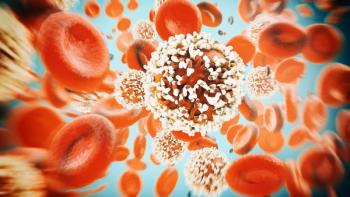
The CD19 t-haNK therapy alone and in combination with rituximab achieved complete responses and no significant toxicities in 2 patients with late-stage WM.
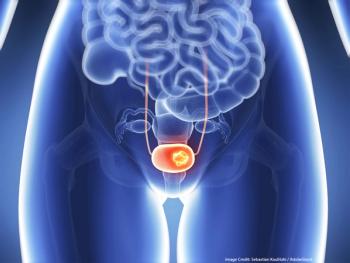
Patients with cisplatin-ineligible bladder cancer who received enfortumab vedotin plus pembrolizumab and surgery had prolonged survival vs those who received surgery alone.

The novel cancer vaccine plus pembrolizumab missed statistical significance but generated a clinically meaningful improvement in advanced melanoma.

The 2025 National ICE-T Symposium gave oncology experts an opportunity to share ideas regarding the administration of cellular therapies.

Preplanned interim results from the phase 3 EPCORE FL-1 trial support the FDA granting priority review to epcoritamab with rituximab and lenalidomide in relapsed/refractory FL.
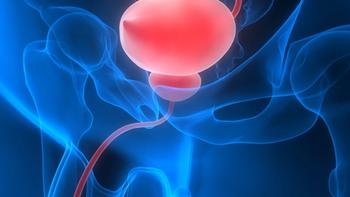
The new formulation should increase the batch size by approximately 50% and will offer the potential to expand access to patients in new geographic locations.

The anti-CD19/4-1BB CAR T-cell therapy candidate elicited an ORR and CR rate of 100% each in patients with relapsed/refractory MCL.

Results from the marginal zone lymphoma cohort of the TRANSCEND FL trial showed liso-cel elicited an ORR of 95.5% and a CR rate of 62.1%.
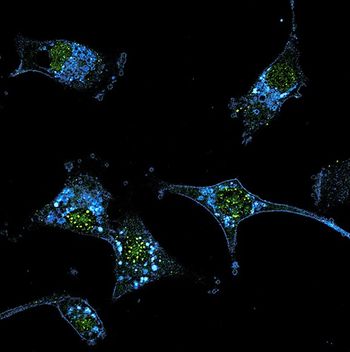
At 4 years, about 20% of patients with advanced melanoma who received tumor-infiltrating lymphocyte therapy were alive and responding to treatment.

The complete response letter for the agent is due to observations from an FDA general site inspection at Catalent Indiana, LLC.
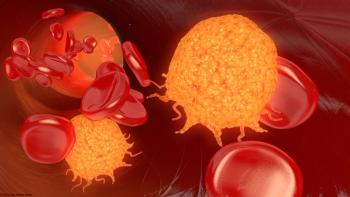
Leading experts gathered in Orlando, Florida, to discuss the current and future state of cellular therapy in oncology at the 2025 ICE-T Symposium.
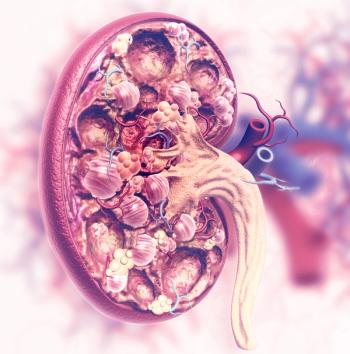
The biomarker analysis in KEYNOTE-426 showed that pembrolizumab plus axitinib therapy is associated with positive outcomes with angiogenesis in RCC.

Barry Paul, MD, believes cilta-cel, anito-cel, and arlo-cel are some of the most promising CAR T-cell therapies in the multiple myeloma space.

The treatment combination elicited partial responses in 80% of patients with squamous NSCLC and 46% in nonsquamous NSCLC.

A recently published study showed that a multicancer early detection blood test was able to identify cancer 3 or more years before a diagnosis.

SAR446523 is currently being evaluated in a first-in-human phase 1 trial in patients with pretreated relapsed/refractory multiple myeloma.
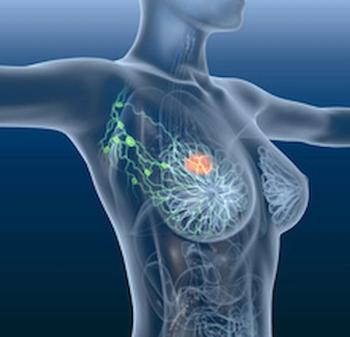
Results from the phase 3 VIKTORIA-1 trial showed gedatolisib plus fulvestrant with or without palbociclib improved progression-free survival.
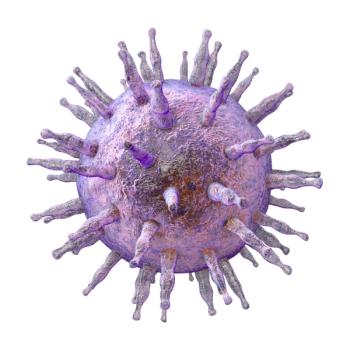
Following the lifting of a clinical hold, the FDA has again accepted the BLA for tabelecleucel in adult and pediatric patients with EBV-positive PTLD.

Results from a phase 1/2a trial supported the designation for VS-7375 in those with PDAC harboring a KRAS G12D mutation.

Results from the phase 3 CABINET trial demonstrated a clear progression-free survival benefit with cabozantinib vs placebo in patients with well-differentiated pNET/epNET.

Results from the phase 3 TRIANGLE trial showed prolonged failure-free survival and overall survival with ibrutinib and CIT vs CIT plus ASCT alone.